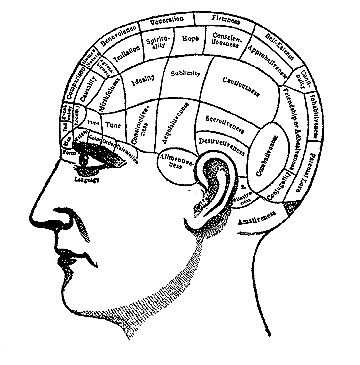
Philosophy of Language and Mind
| Andrew
Mills'
Homepage |
Course
Resources
Homepage |
Dept.
of Religion
and Philosophy |
Syllabus
Here is a brief synopsis of the highlights from the syllabus, but don't take this as a substitute for the entire document, which you will have downloaded. Follow the link to the left for the schedule of readings and assignments.
Instructor Information
Prof. Andrew P. Mills
Office: Towers 323
Office Phone: 823-1368
Spring Quarter Office Hours: Wednesdays, 3:30-5:00, Thursdays 2:00-3:00,
and by appointment. I'm in my office almost every day, and I love
visitors, so if you want to drop by, feel free to do so!!
E-mail: amills@otterbein.edu
Texts
There are three textbooks for this class:
Robert Stainton, Philosophical Perspectives on LanguageThere may, from time to time, be supplementary readings which will be made available to you.Suzanne Cunningham, What is a Mind?
Douglas Hofstetter and Daniel Dennett, The Mindís I
Course Requirements
This is a text-based course, and it is imperative that you do the assigned
reading (preferably twice) before coming to class each day. If you
don't do the reading, you will not learn the material, and you will find
the lectures much more difficult to follow. If I see that students are
not doing the reading, I may start having pop reading quizzes.
Because we will be reading these texts very closely, it is imperative that you bring your books to class each day. There may be times where I ask you to read from the text, or to gather in groups to examine a bit of text, and you need to have your book with you to do this.
The second imperative is that you have an email account, and regular, reliable access to the internet. Email is the best and quickest way I know of to communicate with all of you, and for you all to communicate with each other. I will post handouts and assignments and new study questions to the course website, and you should get in the habit of checking it daily. If you do not have an email account, visit the Information Technology department, and get set up. It is easy to do, and it is free.
Here's a breakdown of the graded work for the course. Consult
the full version of the syllabus for a complete description of these portions
of the course grade.
| 2 Short Papers |
30%
|
| E-mail Discussions |
25%
|
| Term Paper |
30%
|
| Participation |
15%
|
There is much more important information on the complete syllabus. Please download it now, if you haven't already done so!!!!